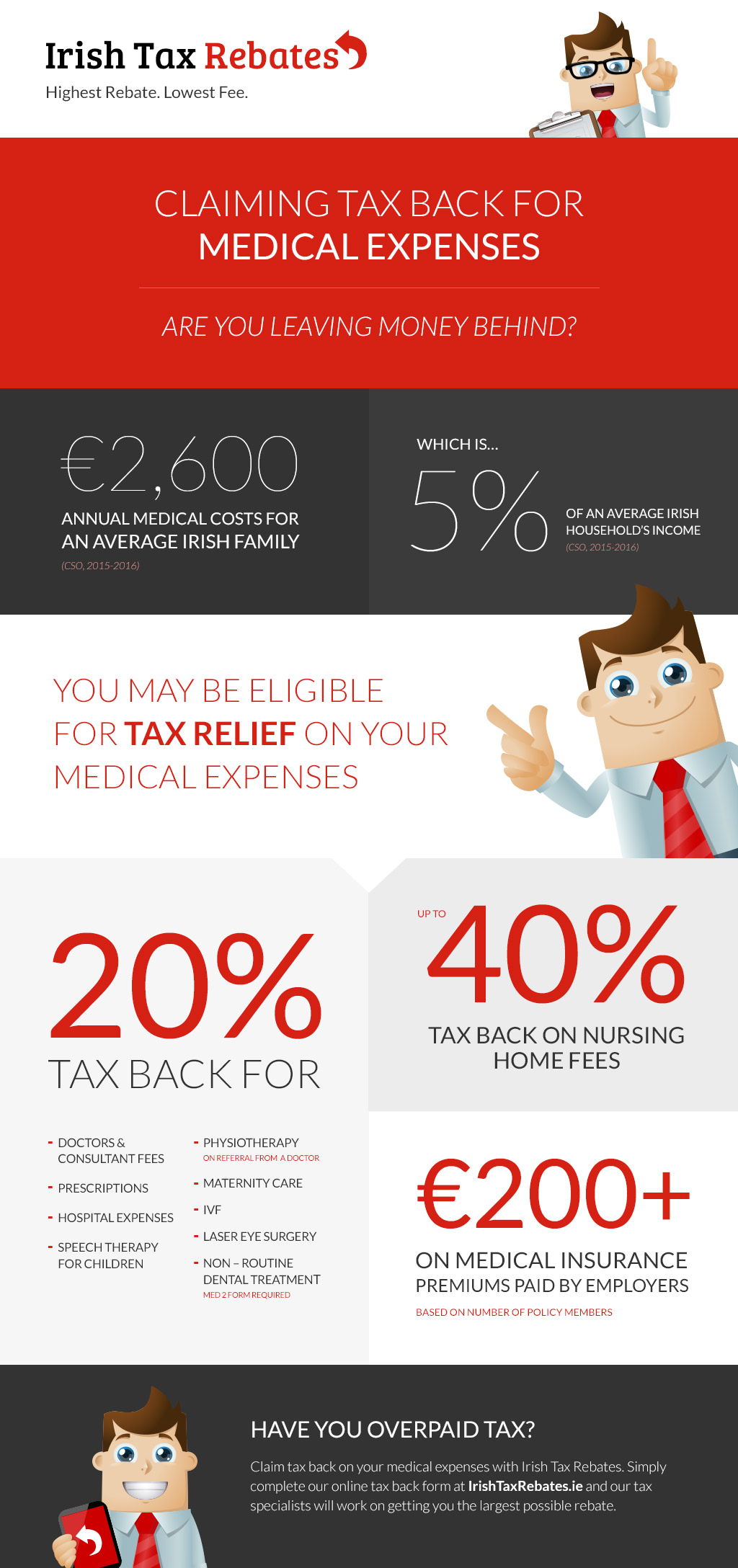If you're thinking about refractive lens exchange, you probably have a lot of questions. mouse click the up coming webpage can alter exactly how you see the globe, supplying benefits like reduced dependancy on glasses. Nonetheless, it's important to recognize the process, risks, and who certifies as a good candidate. Allow's explore these important facets so you can make an informed choice about whether RLE is right for you.
What Is Refractive Lens Exchange and How Does It Work?
Refractive lens exchange (RLE) is an operation created to replace your eye's all-natural lens with a fabricated one, dealing with vision issues like nearsightedness, farsightedness, or presbyopia.
During the treatment, your doctor makes a tiny cut in the eye, eliminates your natural lens, and inserts an intraocular lens (IOL) customized to your vision requires. This outpatient surgery generally takes about 15 to half an hour per eye and is carried out under regional anesthetic.
You'll likely observe improvements in your vision nearly instantly, though complete healing might take a couple of weeks. RLE is specifically beneficial for those over 40 or with high prescriptions, offering a lasting remedy compared to glasses or call lenses.
Your eye care professional can aid establish if RLE is right for you.
What Are the Conveniences and Threats of Refractive Lens Exchange?
Selecting refractive lens exchange can cause considerable improvements in your vision, but it's important to weigh both the benefits and risks prior to deciding.
On the bonus side, this treatment can improve your sight by correcting problems like presbyopia, myopia, and hyperopia. Lots of clients delight in decreased dependancy on glasses or contact lenses, which can greatly enhance their lifestyle.
However, it's vital to take into consideration potential threats. Difficulties can consist of infection, glare, or halos around lights.
There's also a chance of overcorrection or undercorrection, which may require extra treatments.
Who Is a Perfect Candidate for Refractive Lens Exchange?
If you're considering refractive lens exchange, it's important to know whether you fit the profile of an ideal candidate. Typically, https://www.wsj.com/articles/what-doctors-dont-tell-you-about-cataract-surgery-1542381945 may be an excellent candidate if you're over 40, experience presbyopia, or have high degrees of nearsightedness or farsightedness.
It's also essential that your vision is secure, indicating your prescription hasn't altered significantly in the past year. If you have cataracts or other eye problems, you could benefit from this procedure as well.
Nonetheless, particular aspects, like uncontrolled diabetes or autoimmune illness, can invalidate you. To identify your candidacy, seek advice from an eye care specialist who can review your particular scenario and suggest the very best strategy tailored to your demands.
Conclusion
Finally, refractive lens exchange can be a transformative option for improving your vision, particularly if you more than 40 or have a high prescription. While the benefits are considerable, it's critical to weigh the risks and talk to your eye treatment expert to identify if you're an optimal prospect. With the right information and advice, you can make a notified decision and potentially take pleasure in a life with minimized dependence on glasses.
